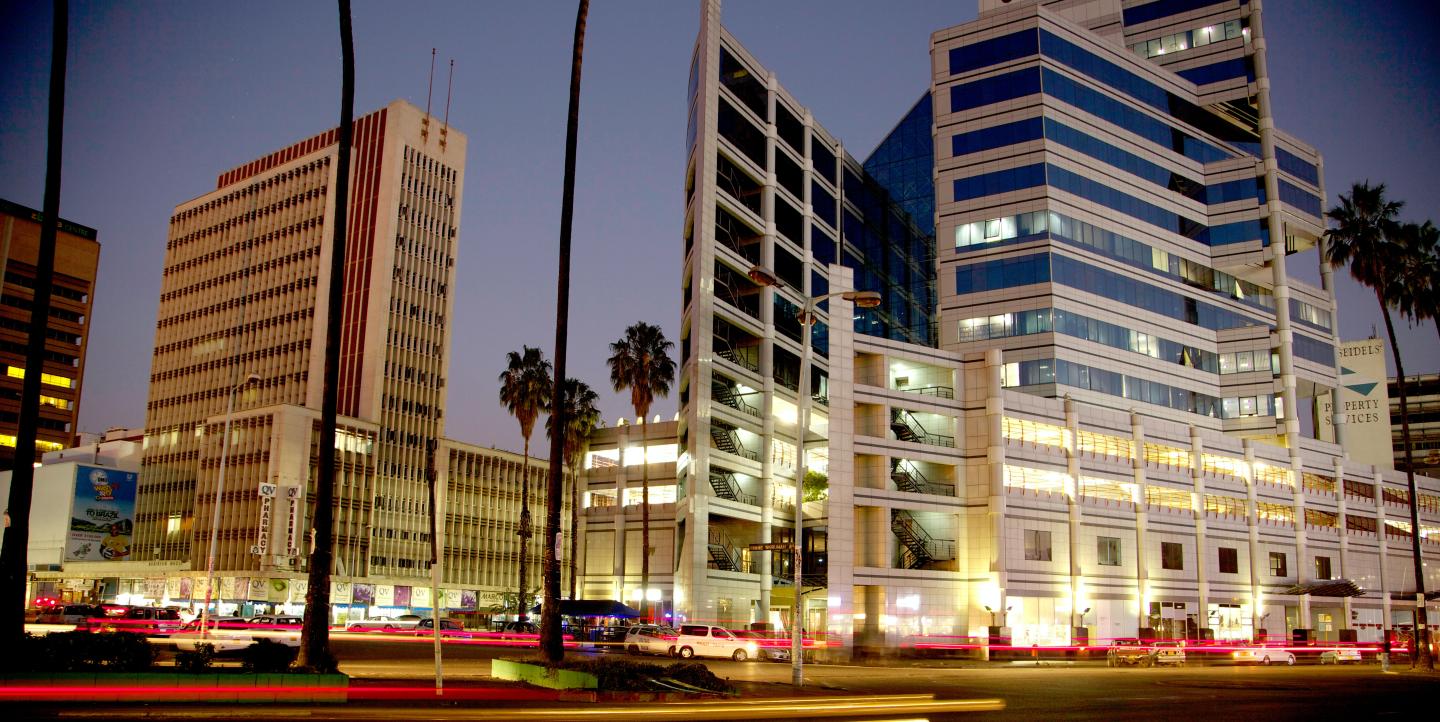Coordinated attempts to manipulate social media are ongoing in 81 countries and constitute a growing threat to democracy worldwide, according to a 2020 Oxford Internet Institute report.
In Zimbabwe, mis- and disinformation campaigns take the form of state-approved cyber fighters commonly known as "Varakashi” — social media trolls who support the governing Zimbabwe African National Union Front party. Varakashi frequently use platforms like Facebook, Twitter and WhatsApp to spread false information in favor of the government.
Online violence on social media has especially targeted women, journalists and politicians.
Douglas Mwonzora, senator and president of the Movement for Democratic Change-Tsvangirai (MDC-T) opposition party confirmed that online trolls have utilized propaganda and misleading information against his party. "The MDC-T has been the target of basic propaganda and fake news for the past three years, especially since the Supreme Court decision,” Mwonzora said.
The case compelled the MDC Alliance opposition party to elect a new party president during a split with the MDC-T, in what the then-MDC deputy alleged was an attempt by the government to “usurp” the party. Propaganda campaigns surrounding the case originated from several segments of society, including the professional class. “Professors and doctors were among the many people who put time and effort into polarizing campaigns online,” Mwonzora added.
A divided media ecosystem
Pro and anti-government media is creating an increasingly polarized media sphere. This in turn is driving internet violence between supporters of the government and the opposition.
According to Dr Methuseli Moyo, a journalism lecturer at the University of Science and Technology, Zimbabwean media — both social and traditional — is increasingly divided along political party lines, creating a toxic environment filled with online violence and false information.
Online violence has also become increasingly personal. Professor Jonathan Moyo, who called for the Citizens for Coalition for Change opposition party to identify its structures so that the electorate could better understand its composition, is the most recent target of online violence and misinformation in the country, according to Rodrick Fayayo, who heads the Bulawayo Progressive Residents Association. “Because the focus has shifted from the issues to the persons, it is now extremely difficult to debate the issues. Yet the issues that are being discussed are very critical in terms of our democracy,” he said.
According to Fayayo, many Zimbabweans are upset at the current political status. They vent their resentment online, which contributes to the spread of misinformation. Their animosity stems in large part from the way the country is run by the ruling party. "Our politics are oriented towards [majority ethnic groups, Shona and Ndebele] in order to win over voters,” he said, with others largely left out of the political scene.
Worryingly, online violence raises the likelihood of physical violence to ensue. “[When] violence might occur not just physically but also online, we are raising the bar for violence,” he said. “Sadly, there is currently no method to solve the problem of online aggression.”
Combating disinformation
A variety of tactics have been employed to combat disinformation. Mwonzora said that the MDC-T, for instance, is establishing a strong information division that relies heavily on young, media literate Zimbabweans. “Numerous internal developments are now taking place [ahead of the 2023 general elections]," he said. “Young people [have] volunteered to come and assist the MDC in addressing the problem of false information [and] disinformation."
Meanwhile, Nkosikhona Dibiti, the spokesperson for the EkhayaVote2023 alliance of civil society organizations in Matabeleland, is guiding Zimbabweans through misinformation while also helping them register to vote.
“As part of this process, EkhayaVote2023 has trained over 80 community reporters [in community reporting] from rural areas who serve as focal point people for combating misinformation,” said Dibiti. “Since the community reporters are residents of those rural areas, they are in a good position to spot bogus news. Our news is verified. In certain cases, our reporters had to correct or corroborate false information that had been spread about specific locations in rural areas."
They have also held training sessions on fact-checking with the [fact-checking platform] Zim Fact, Dibiti added, and embarked on a door-to-door campaign in marginalized and rural communities to dispel myths associated with the voting process.
Dr. Moyo warned that disinformation will play a significant role in key political events, such as next year’s elections. “The media should ask politicians these questions now. You can ask [opposition leader] Nelson Chamisa or President Emmerson Mnangagwa if they will be able to continue serving if they lose free and fair elections. So that if they riot after the 2023 elections and start acting out, their own words will be contradicted.”
Unfortunately, politicians in Zimbabwe today are increasingly reliant on violence to maintain their seats, according to Fayayo. “As elections in 2023 approach, those currently in office are working to extend their terms, and the only option they have is violence, which they will do physically and online," he said.
Photo by Tatenda Mapigoti on Unsplash.


